Telephone Operator
The daily grind, the nine-to-five, whatever nickname you have for it, there's a good chance that you've had a few jobs in your life. Technology has changed many careers throughout the years, and it's also made some job positions completely obsolete. Many recent occupations such as a travel agent and cashier are facing extinction as well.
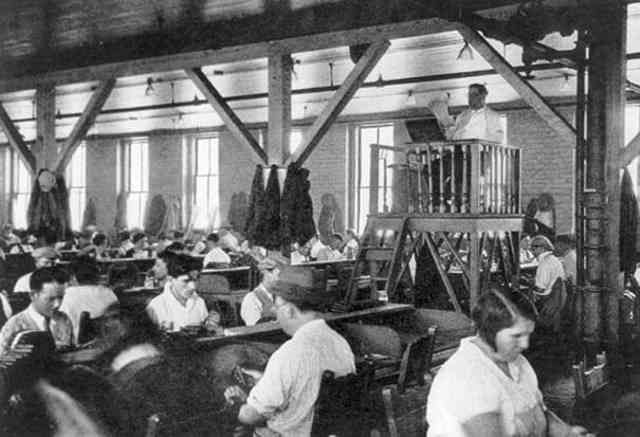
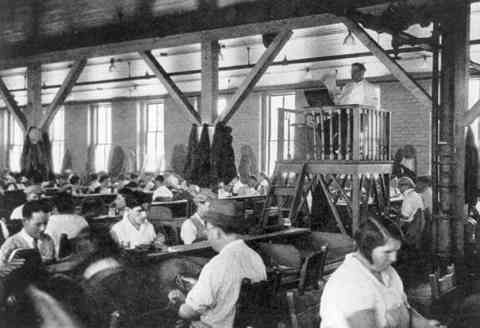
Here are a few jobs you just don't see anymore. Although some are recent, there are some that are just pretty hard to believe.
Way before computerized telephone dialing systems existed, in order to make a phone call you needed a switchboard operator. Some people you know may have held this job at one point, so there isn't really a need to go into detail about this one.
Gandy Dancer
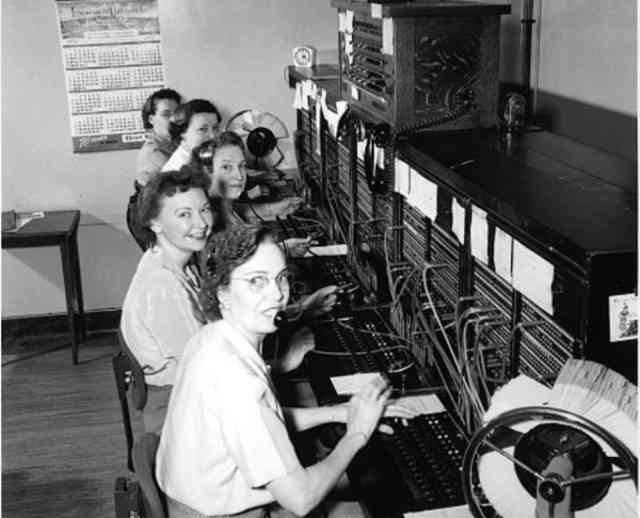
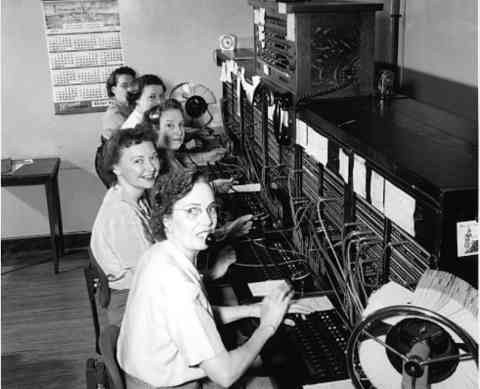
The switchboard operator would simply connect calls by inserting phone plugs into corresponding appropriate jacks.
Don't let the name fool you, there's no real dancing involved in this one. Gandy Dancer is a slang term used to describe early railroad workers.
Pinsetters
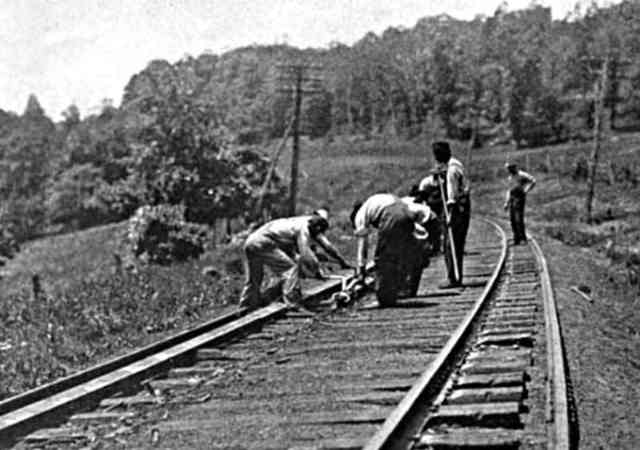
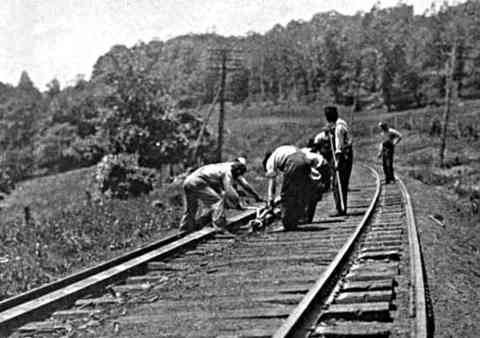
Before there were machines who had the capability to lay and maintain the railroad tracks, the work needed to be done by hand. It's unknown where the slang originates from, but many people suspect that it comes from "Gandy Shovel Company."
Before a man named Gottfried Schmidt invented the mechanical pinsetter in 1936, bowling alleys needed to employ pinsetters. It's exactly what it sounds like.
Soda Jerks
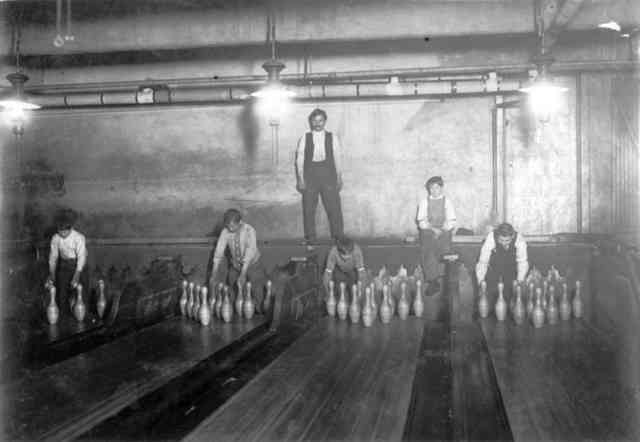
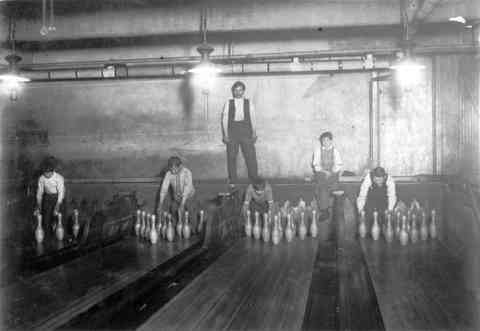
A pinsetter would set the bowling pins back up after they were knocked down. At one point the position was called a "pinboy" since many pinsetters were teenage boys, given the nature of the job.
Soda Jerks were the servers who would make the ice cream sodas and soda water at the drugstores up until the 1960s.
Radio Actors
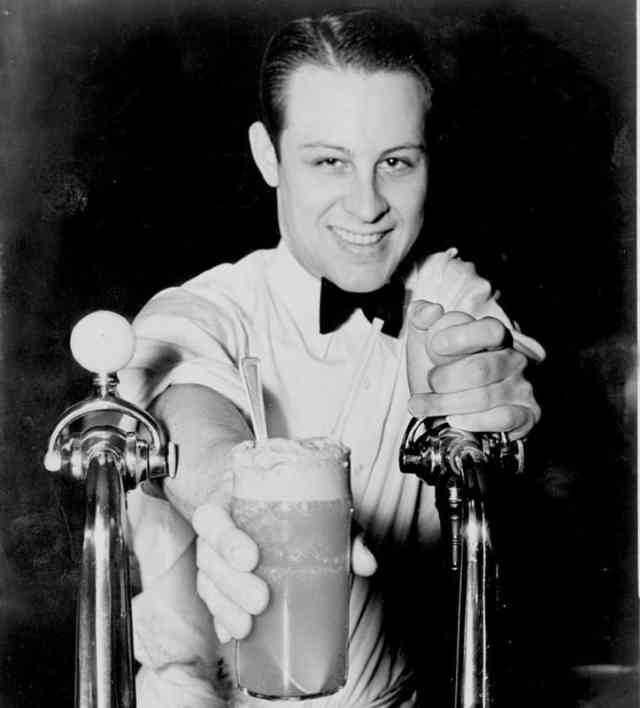
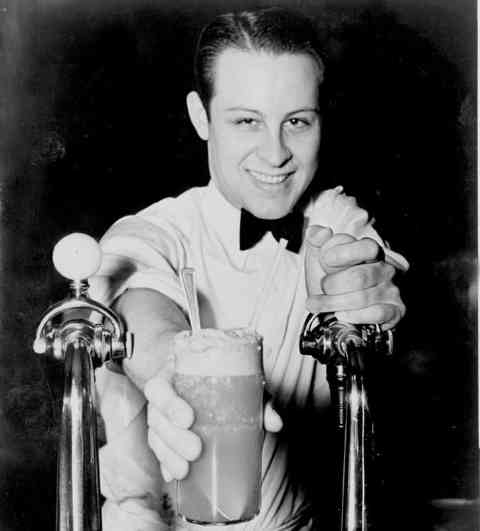
The name Soda Jerk was originally known as the Soda Clerk, and the name came from the motion the server would use to swing the soda handle back and forth while adding the soda water.
Although this position technically still exists now in the form of radio commercials, there are no radio actors that entertained us on shows such as The Lone Ranger or The Burns and Allen Show.
Lamplighter
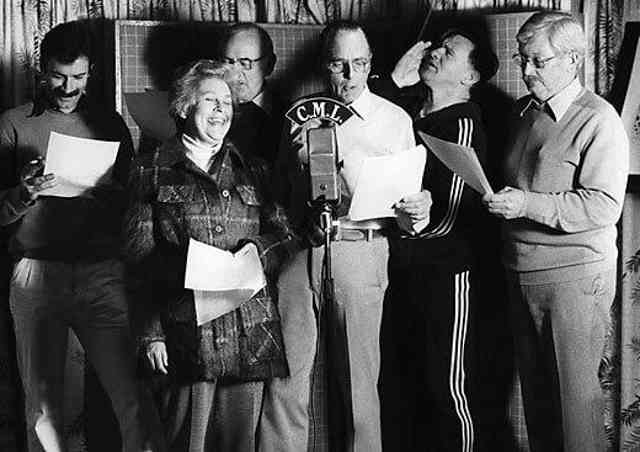
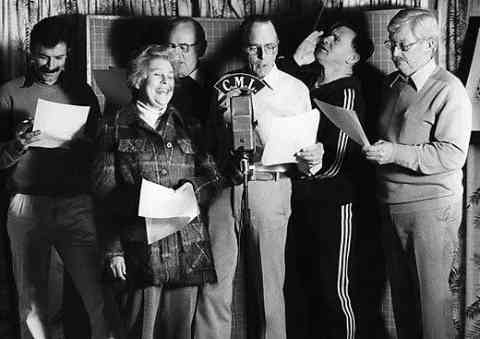
The actors were amazing to listen to, and the way they created the sound effects for the show was equally as clever.
Obviously electricity changed many things, including the way we light our streets at night. Before bulbs, we kept our streets illuminated by using candle, oil, or gas.
Milkmen
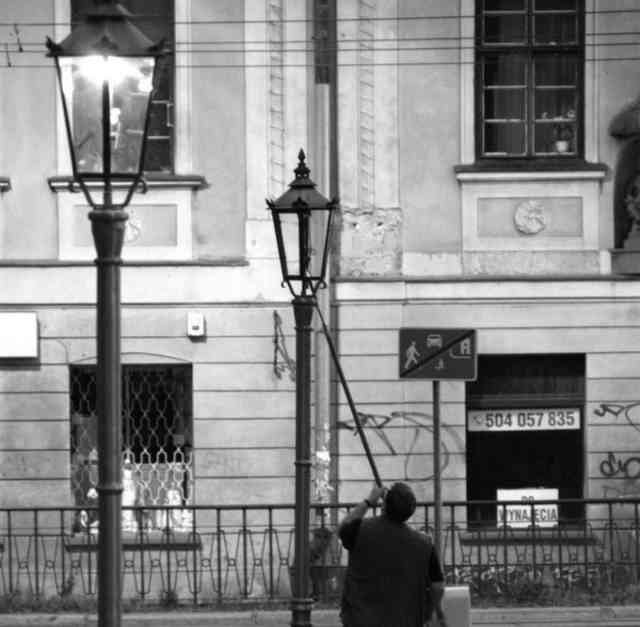
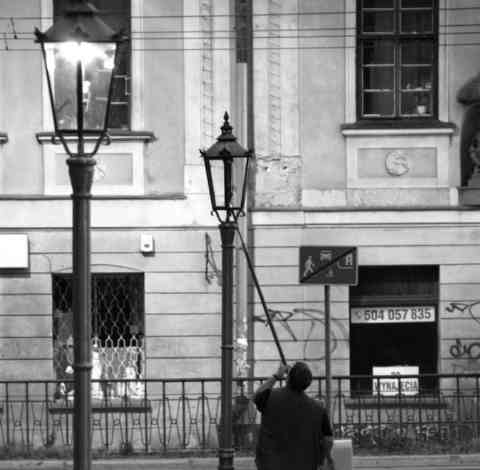
Because of this, these lights needed to be manually lit, hence the name lamplighter. Many of them used a giant pole to reach the light and would come back in the early hours of the morning to put it out.
So, technically this job might still exist, but definitely not in the way you remember it. When many of you were young, there was nothing better than waking up to a bottle of fresh milk waiting on your doorstep.
Ice Cutter
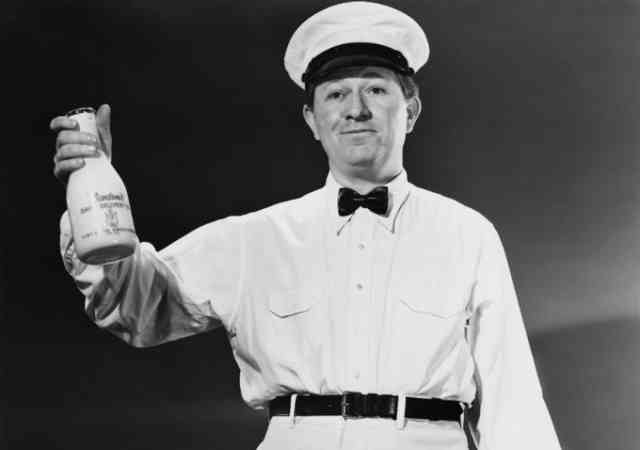
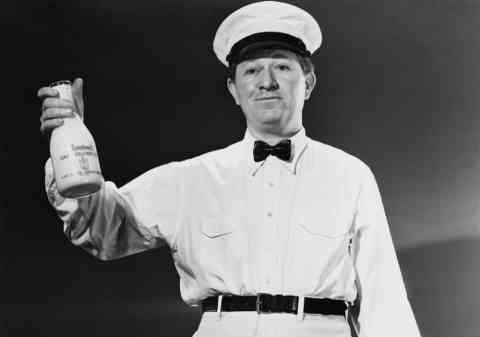
The milkman was wearing that trademark uniform and was ready to deliver a day's fresh milk. Of course, there's still services that will deliver milk to your door, but it's probably not the same.
Before we had mechanical refrigerators, we had the icebox. In order to keep these said, Iceboxes cool, you needed ice (obviously).
Food Safety Testers
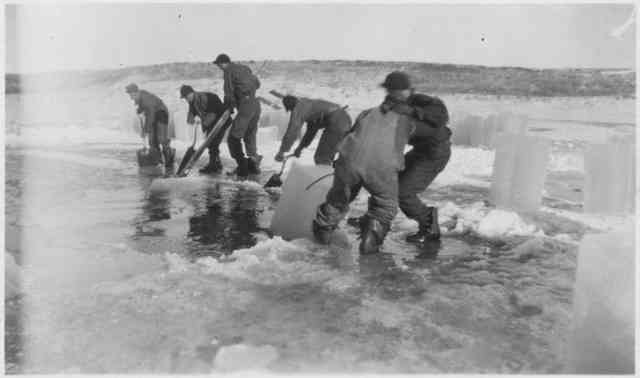
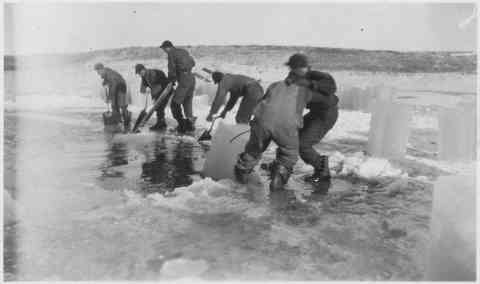
In the colder parts of the country, ice cutters would travel out onto the frozen bodies of water and cut out large blocks of ice to be used during the warmer months. While cutting ice was seen as a chore for many farmers, some of the operations were quite large, having a crew of several dozens of men and harvesting up to 1500 tons of ice a day.
Before the FDA existed, people were basically just allowed to put whatever they wanted into food products. In order to determine if said food was safe, it had to be tested. This is where the food safety testers would step in.
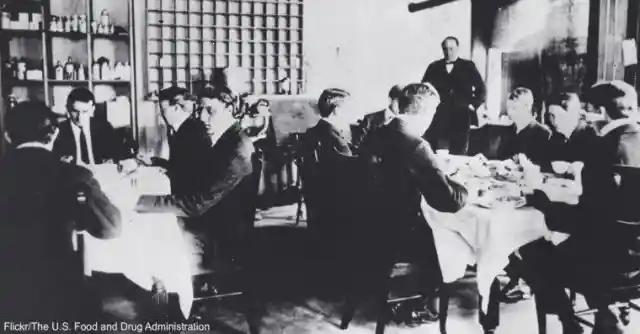
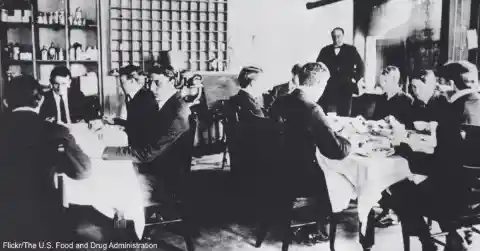
We wonder what would happen if the food WASN'T safe? Do they just get sick and leave it at that? How did that work?